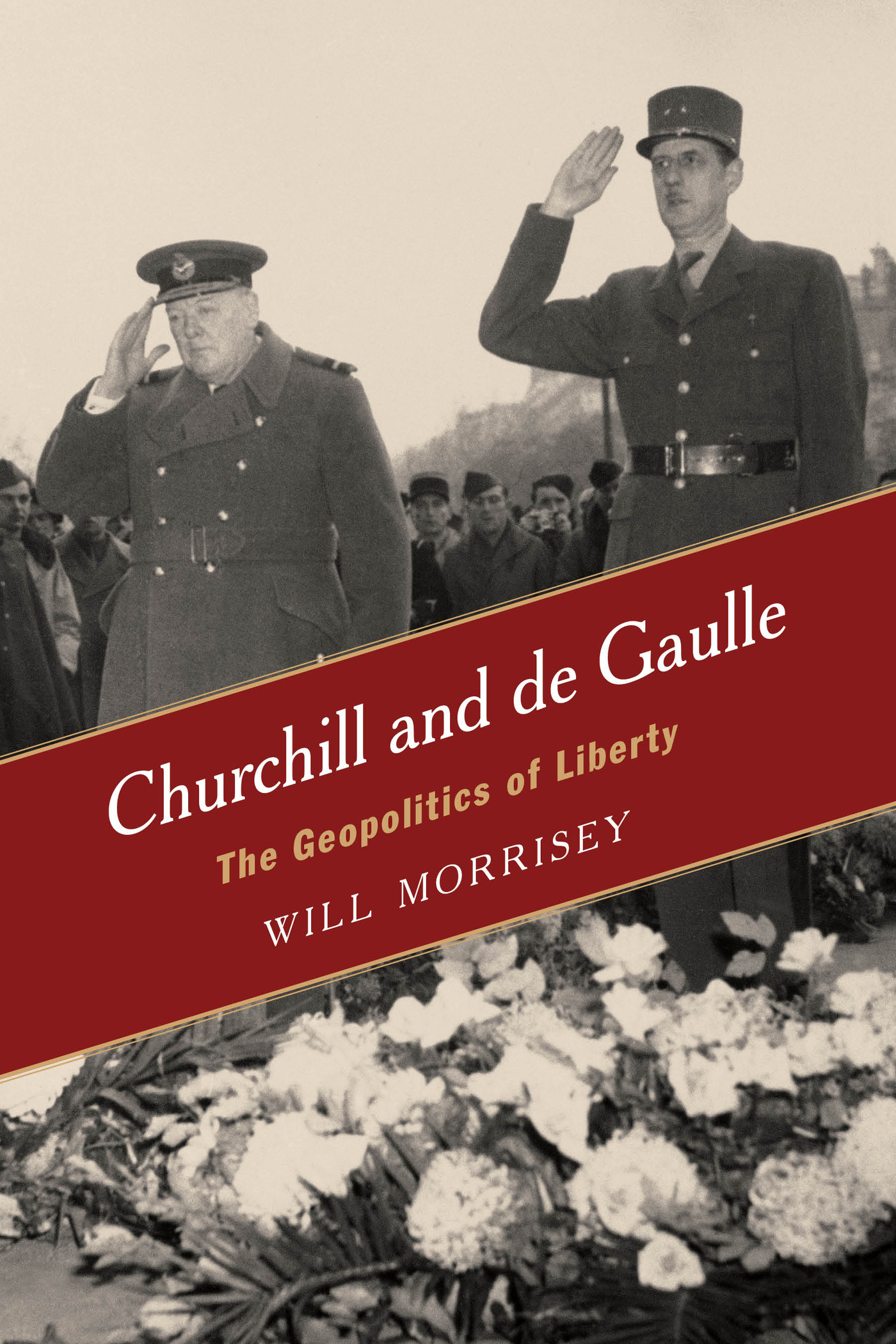Churchill and de Gaulle
The Geopolitics of Liberty
Will Morrisey
ROWMAN & LITTLEFIELD
Lanham Boulder New York London
Published by Rowman & Littlefield
A wholly owned subsidiary of The Rowman & Littlefield Publishing Group, Inc.
4501 Forbes Boulevard, Suite 200, Lanham, Maryland 20706
www.rowman.com
Unit A, Whitacre Mews, 26-34 Stannary Street, London SE11 4AB,
United Kingdom
Copyright 2015 by Rowman & Littlefield
All rights reserved. No part of this book may be reproduced in any form or by any electronic or mechanical means, including information storage and retrieval systems, without written permission from the publisher, except by a reviewer who may quote passages in a review.
British Library Cataloguing in Publication Information Available
Library of Congress Cataloging-in-Publication Data
Morrisey, Will.
Churchill and de Gaulle : the geopolitics of liberty / Will Morrisey.
pages cm
Includes bibliographical references and index.
ISBN 978-1-4422-4119-0 (cloth : alk. paper) ISBN 978-1-4422-4120-6 (electronic) 1. Churchill, Winston, 18741965. 2. Great BritainForeign relations20th century. 3. Gaulle, Charles de, 18901970. 4. FranceForeign relations20th century. 5. GeopoliticsGreat BritainHistory20th century. 6. GeopoliticsFranceHistory20th century. I. Title.
DA566.7.M66 2015
327.101dc23
2014027857
 TM The paper used in this publication meets the minimum requirements of American National Standard for Information Sciences Permanence of Paper for Printed Library Materials, ANSI/NISO Z39.48-1992.
TM The paper used in this publication meets the minimum requirements of American National Standard for Information Sciences Permanence of Paper for Printed Library Materials, ANSI/NISO Z39.48-1992.
Printed in the United States of America
To the students, faculty, and staff
of Hillsdale College
Acknowledgments
This book owes its existence to Hillsdale College, where I taught in the Politics Department, beginning in the fall semester of 2000. Hillsdale College president and Professor of Politics, Larry P. Arnn, and Professor of History, Paul A. Rahe, initially encouraged me to write on Churchill and de Gaulle after reading a paper I delivered at the American Political Science Association in 2007. Dr. Arnn served as Director of Research for Martin Gilbert, the official biographer of Winston Churchill, and Dr. Rahe is one of the foremost scholars of statesmanship and of political philosophy in the United States. So I followed their lead.
My colleagues Mickey Craig, chair of the Politics Department at Hillsdale College, and Robert Eden, Professor of History and Politics, brought me to the college and have remained good friends and teachers. Ronald J. Pestritto, Dean of the Van Andel Graduate School of Statesmanship at the college, kindly permitted me to teach a course on Churchill and de Gaulle in the fall semester of 2012.
I am also grateful to Robert R. Reilly, Senior Fellow at the American Foreign Policy Council, for his excellent advice on the manuscript, while (in the accepted practice of all such expressions) absolving him and all others from the slightest complicity in its defects.
Winston Churchill positioned British foreign policy at the side of the United States; Charles de Gaulle sometimes did and often did not. Accordingly, America has many more dedicated admirers of Churchill than of de Gaulle. Among American Churchillians, James W. Muller, Professor of Political Science at the University of Alaska, Anchorage; Richard Langworth, CBE, editor of Finest Hour; Lee Pollock, Executive Director of the Churchill Centre; and Richard Marsh, President of the Michigan Churchill Society, stand as resolute scholars and defenders of Churchill and of the political liberty Churchill fought for. As for General de Gaulle, he has a distinguished American champion in the redoubtable and genial Daniel J. Mahoney, Professor of Politics at Assumption College. I esteem my friendship with them all.
Ive dedicated this book to the students, faculty, and staff of Hillsdale College, where we read good books together.
Introduction
What Is the Geopolitics of Liberty?
Ive written this book for those who want to learn the art of statesmanship from two of its most accomplished practitioners as they thought, spoke, and acted through two world wars and the subsequent Cold War. Although circumstances have changed since those years, thinking along with them as they responded to the crises of their own time might make us more thoughtful citizens now and in the future. Circumstances change but wisdom does not, and it teaches by example. Ive subtitled this book The Geopolitics of Liberty because statesmanship means wise and just political rule, and ruling requires attention both to necessity and to the human capacity for self-government.
Geopolitics is the realm of necessity. As individuals and as members of a political community, we are where we are. That may change: You may move to another country or to another part of your own country. (The young Abraham Lincoln boasted, All of the armies of Europe, Africa, and Asia combined, with all the treasure of the earth [our own excepted] in their military chest; with a Buonaparte for a commander, could not by force take a drink from the Ohio, or make a track on the Blue Ridge, in a trial of a thousand years, but he lived in Springfield, Illinois, not Boston or New York, Charleston or New Orleans.) Your countrys borders may shift as it conquers others or is conquered by them. But where we are imposes constraints upon our actions, even as it may offer advantages and opportunities.
But are we not now in a new, globalized spacea world not only of air travel but of instant communications? Does geography really constrain us in any meaningful way, anymore? Consider the most extreme example of supposed individual freedom. A recent college graduate taps eagerly on his computer keys. Cruising the Internet, he lets his mind range over whatever it chooses. He does exactly as he likes: journeying to Zanzibar, messaging a friend, pronouncing on health care policy at HuffPo, watching dogs do goofy things, buying my books, ordering sushi, listening to Lee Morse records, dating a Ukrainian girl who only needs a little money for a visa before she can rush to his side. And all in an hour or so. He imagines himself a citizen of the world, a being with no limitsonly desires easily and often immediately satisfied.
But is he really as free as he supposes? As he wanders nonchalantly through cyberspace, does he not need a peaceful place to sit (or stand, or saunter) with no worry of physical attack? Does he not need electricity, a network of computers and satellites, instruction on how to work the machinean array of things and of persons that he does not control? And perhaps more profoundly, is the freedom of individuals in cyberspace any greater than, say, the life of a nomad in antiquity or the life of a consumer in the free market or of a herdsman in many parts of the world today? Does apparent freedom from the state and its laws not lead exactly where human beings lived before the state existednot to Rousseaus apolitical and asocial state of nature but to a sort of feudalism, which is to say aristocracy or oligarchy? Before the state there wasnt no-rule but the rule of warrior lords and ladies, or of rich merchants and of families both patriarchal and matriarchal; even today, if your state fails you wont have Utopia but Afghanistan. And abstracting from the real space one occupies, even in cyberspace we are likely to be ruled in some measure by technocrats and marauding hackers (the pirates of our day), just as those who threw off the old aristocrats came to be ruled by industrial oligarchs and administrators of the modern state. It is hard to escape Churchills judgment of life with the technology of the industrial age that the world of the Internet has supposedly superseded:
Next page
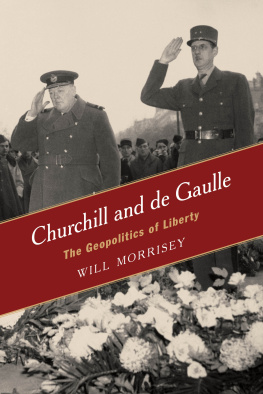

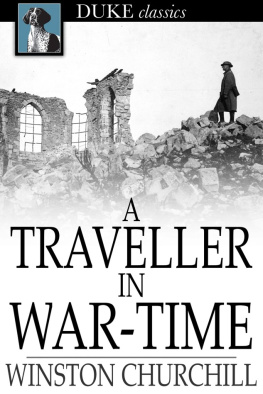
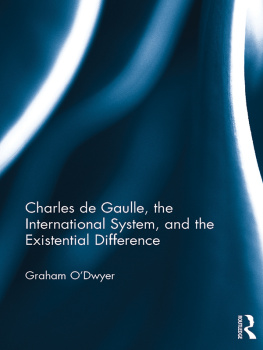


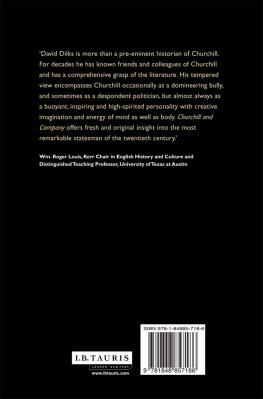
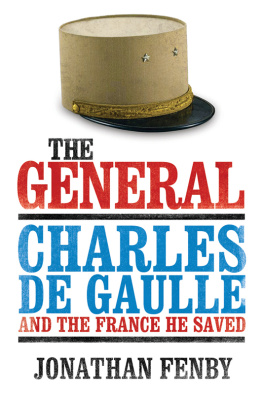

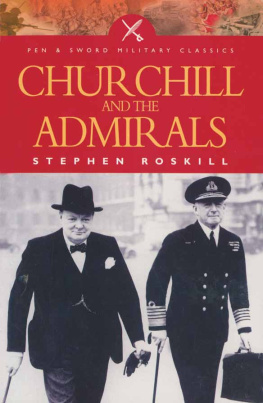
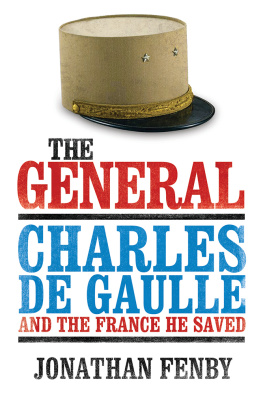
 TM The paper used in this publication meets the minimum requirements of American National Standard for Information Sciences Permanence of Paper for Printed Library Materials, ANSI/NISO Z39.48-1992.
TM The paper used in this publication meets the minimum requirements of American National Standard for Information Sciences Permanence of Paper for Printed Library Materials, ANSI/NISO Z39.48-1992.